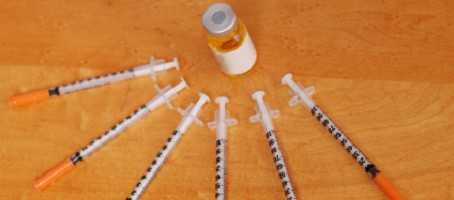Scientists in the US have created a new implantable gel that could one day be used to treat people with diabetes.
Myunghwan Choi of Harvard Medical School in Bosto, and colleagues, showed that implanting a transparent gel that contains genetically modified light-sensitive cells can regulate blood glucose levels and control diabetes in mice.
“Light is a great tool to interface with biological systems, but there is a fundamental problem. It gets scattered when it hits tissue, and at depths much thinner than our skin,” lead author Choi explained.
To get around this, New Scientist reports that the researchers designed an implantable gel that could guide light under the mouse’s skin. In tests, they impregnated the gel with different forms of genetically modified cells before implanting it.
Using a fibre optic cable attached to its head, light was shone into the mouse and at the implanted gel, triggering the cells to produce a compound that stimulated insulin secretion and stabilised levels of blood glucose.
While still in the prototype stage, Choi said his team are already planning on ways to make it more user-friendly, for example, eliminating the need for a fibre optic cable by adding a micro-LED with a wireless power receiver to the gel implant.
In a piece published alongside the research, Warren Chan of the University of Toronto, Canada, wrote: “Genetically modified cells have been engineered for a variety of applications ranging from the treatment of cancer to the prevention of gout.
“This suggests that the implantable hydrogel could be used for many biological and clinical applications.”
What's new on the forum? ⭐️
Get our free newsletters
Stay up to date with the latest news, research and breakthroughs.







